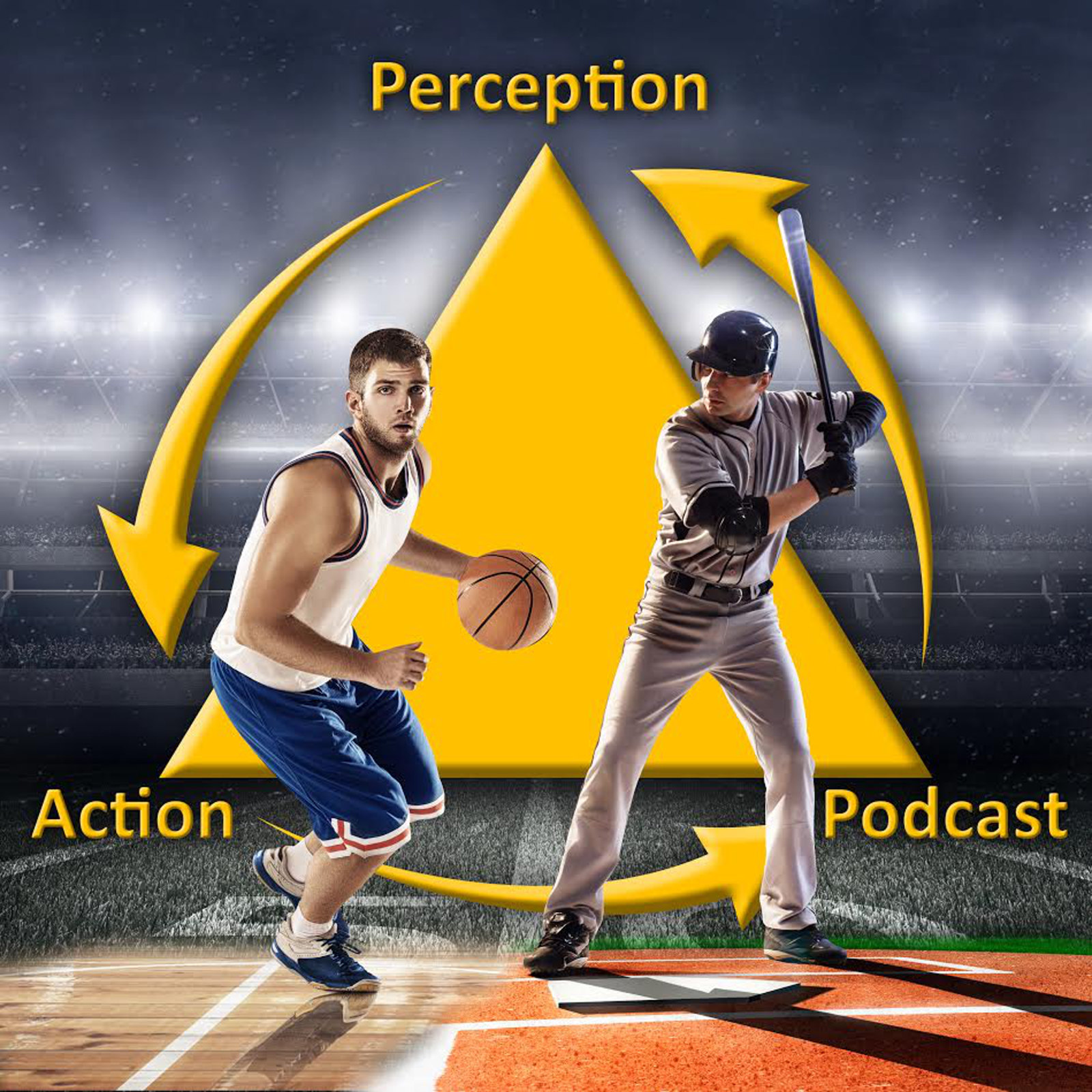160 – Visuomotor Calibration & Frames of Reference
160 Why can even relatively short breaks (like a rain delay or waiting for an opponent to take their turn) hurt performance? Why do athletes sometimes seem to completely misperceive the position of their body or how they are moving? A look at the process of calibration as linking frames of reference. Download link Articles:A…
Read More